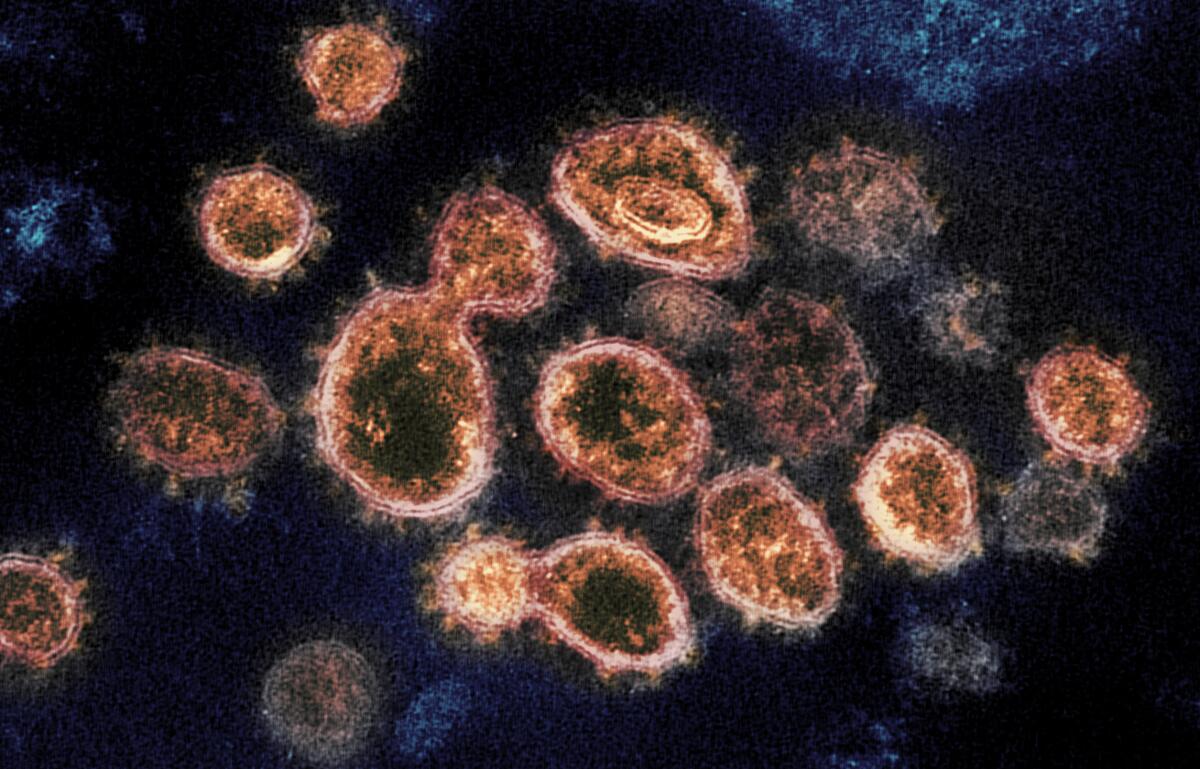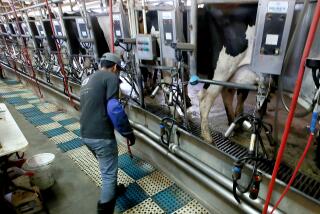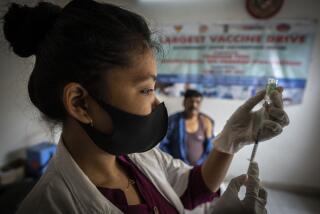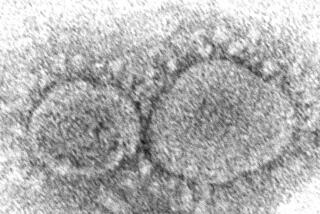South Africa coronavirus variant reaches the U.S., with two cases in South Carolina

COLUMBIA, S.C. — A new coronavirus variant identified in South Africa has been found in the United States for the first time, with two cases diagnosed in South Carolina, state health officials said Thursday.
The variant was confirmed in two samples from South Carolina that were tested by the CDC.
Experts said existing vaccines will work to protect from this variant, even if it isn’t known precisely how effective the vaccines are. While this variant is believed to spread more easily, there’s no evidence to suggest that the B.1.351 variant causes more severe illness, DHEC said in a news release.
The two cases don’t appear to be connected. The patients, both adults, live in different parts of the state and neither has a history of recent travel, the South Carolina Department of Health and Environmental Control said.
“That’s frightening,” because it means there could be more undetected cases within the state, said Dr. Krutika Kuppalli, an infectious diseases physician at the Medical University of South Carolina in Charleston. “It’s probably more widespread.”
The arrival of this variant now surging in other countries shows that “the fight against this deadly virus is far from over,” Dr. Brannon Traxler, the state agency’s interim public health director, said in a statement. “While more COVID-19 vaccines are on the way, supplies are still limited. Every one of us must recommit to the fight by recognizing that we are all on the front lines now. We are all in this together.”
Viruses are constantly mutating, with coronavirus variants circulating around the globe, but scientists are primarily concerned with the emergence of three of them. Other variants that were first reported in the United Kingdom and Brazil were previously confirmed in the U.S. Researchers believe the three variants may spread more easily, and predicted it was only a matter of time before they appeared here.
Also, scientists last week reported troubling preliminary signs that some of the recent mutations may reduce the effectiveness of two current vaccines, although they emphasized that the shots still protect against the disease. And there are signs that some of the new mutations may not be detected by tests for the virus and reduce the effectiveness of certain treatments.
The coronavirus has already sickened millions and killed more than 400,000 people in the United States.
While some European countries do extensive genetic testing to detect these variants, the U.S. has done very little of this detective work. But scientists have been quickly trying to do more, and they’re spotting these apparently more contagious variants as they do.
The U.S. Centers for Disease Control and Prevention has reported at least 315 cases of the U.K.-discovered variant in the United States. Those reports have come from at least 28 states, and health officials believe it could become the dominant strain in the U.S. by March. That variant has been reported in at least 70 countries.
The first U.S. case of the variant that was first found in Brazil was announced earlier this week by health officials in Minnesota. The patient was a person who recently traveled to Brazil. That version of the virus has popped up in more than a half-dozen countries.
The variant first found in South Africa was detected in October. It has since been found in at least 30 other countries.
Some tests suggest the South African and Brazilian variants may be less susceptible to antibody drugs or antibody-rich blood from COVID-19 survivors, both of which help people fight off the virus.
Health officials also worry that if the virus changes enough, people might get COVID-19 a second time.
President Biden on Monday reinstated COVID-19 travel restrictions on most non-U.S. travelers from Brazil, the U.K. and South Africa. And the CDC is recommending that Americans do not travel at this time.
More to Read
Sign up for Essential California
The most important California stories and recommendations in your inbox every morning.
You may occasionally receive promotional content from the Los Angeles Times.










